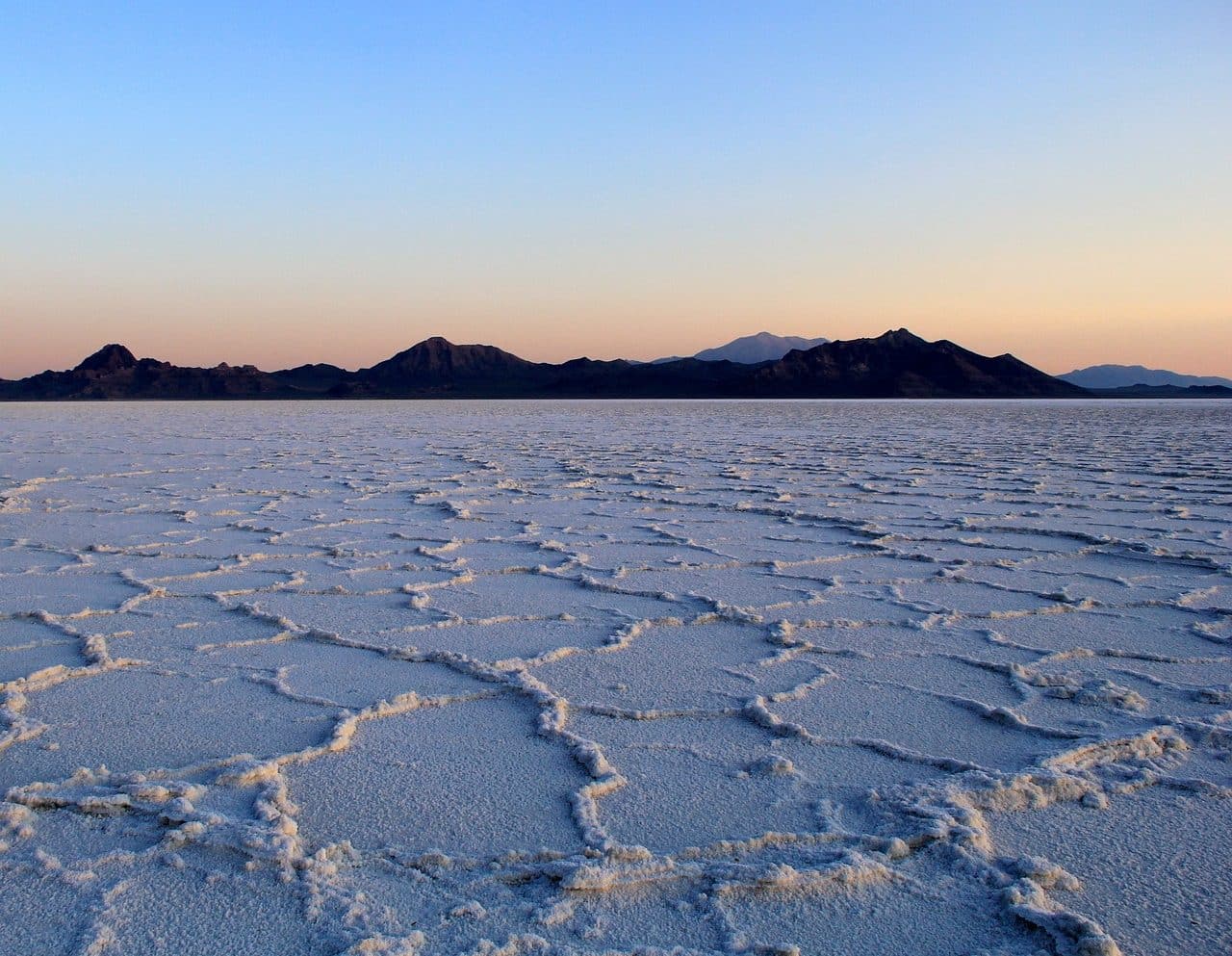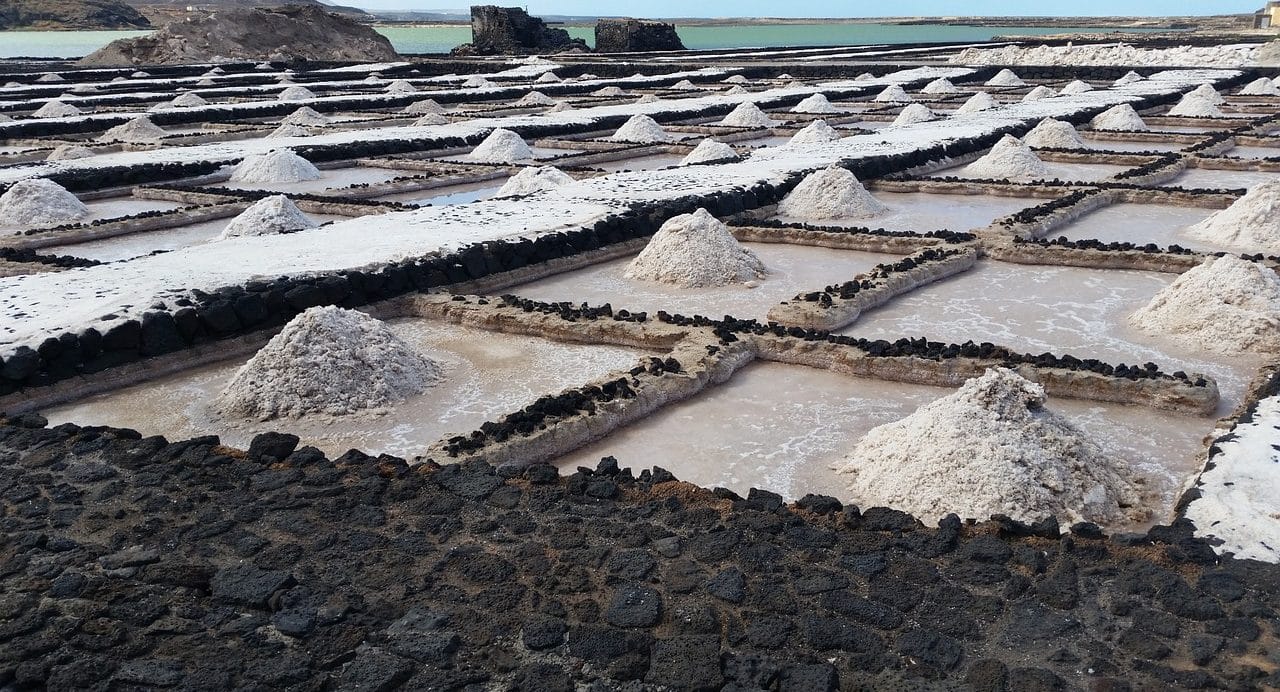
The salt flats are salt mines.
Salina is a term in our language that comes from the Latin word salīnae . Salt mines are salt mines or facilities where, after the evaporation of salt water, salt is obtained and processed and then sold.
For example: “The majority of the population lives off the resources generated by the salt mines,” “The government announced tax benefits for all the salt mines in the country,” “They recommended that, when visiting the salt mines, I wear sunglasses since "The reflection of light can damage the eyes."
Types of salt flats
It is possible to distinguish between different types of salt flats. Indoor salt flats are those located on underground salt deposits. In these salt flats, the aim is to guide the water towards the plots known as eras, which can be arranged on a plain or on stepped terraces.
Coastal salt flats , on the other hand, use sea water to obtain salt. In this case, the usual thing is that small walls and channels are built so that, when the tide rises, the beds are flooded and then the salt water can be used.

The exploitation of salt mines dates back to ancient times.
The exploitation
The exploitation of salt mines dates back to ancient times, since the method known as salting used to be used to preserve food (which dehydrates food and makes the emergence of microorganisms difficult).
In Roman times, salt was even used as a means of payment; From this use the concept of salary emerged. With the development of new systems to preserve food in the 20th century , salt mines began to lose importance.
The surname Salinas
Salinas can also be used as a surname . Pedro Salinas Serrano was a writer from Spain , who lived between 1891 and 1951 , author of an important essayistic and poetic legacy. Such was the stature of this poet that he is placed among the main ones of the Generation of '27 . Among his most notable works is the translation of works by Marcel Proust , a French critic, essayist and novelist famous especially for his work "In Search of Lost Time" . Salinas went into exile in the United States once the civil war had ended and spent his last years there.
Julio Salinas Fernández , for his part, is a former professional soccer player. Born in Bilbao in 1962 , he took his first steps in the Athletic Club team, together with which he reached the First Division barely having turned 20 years of age, and where he remained for seventeen seasons, for six different teams. . His greatest successes were obtained at Athletic and FC Barcelona . He specialized in the center forward position and in the League he accumulated 153 goals - in his first season with FC Barcelona alone he scored 20.
A Basque town
Añana is the name of a municipality in Spain located in the province of Álava , in the Basque Country . It is made up of two towns: Atiega and Salinas de Añana . The latter is its capital and the largest number of people live there. Its saltwater springs are known, which make up the Muera River, since the courses beneath the earth pass through salt sediments before rising to the outside; The exploitation of these springs dates back to the end of the first millennium. One of its salt flats, Valle Salado , is among the most important in the entire peninsula, along with Poza de la Sal (a municipality located in the province of Burgos ).
The marketing of salt was one of the fundamental factors for the flourishing of the Añana Salt Flats during the Middle Ages , which led to the founding of its population in 1126 , to become the first town of Álava fourteen years later. Far from their splendor, they are currently abandoned, and their wooden buildings are going through dangerous wear and tear; However, after being declared a Historical Monument , the government began various restoration works.
